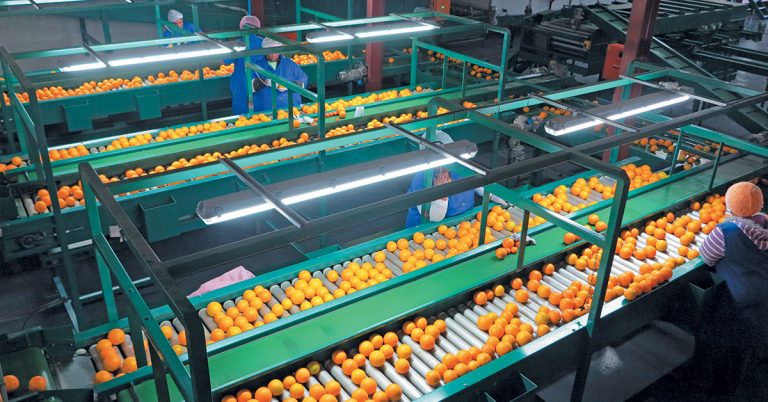
Photo: FW Archive
The EU’s Green Deal could see a drastic reduction in food imports to the region, which would heavily affect South Africa’s fresh produce industry.
The Green Deal is a set of policy initiatives that aims to make the region climate-neutral by 2050. South African producers of crops that are already grown in the EU will be hardest hit by the scaling back of imports, as the deal seeks to focus on EU-grown produce to reduce transport emissions.
Speaking during a recent Produce Marketing Association (PMA) webinar, Stephanie Wunder, coordinator for food systems at the Ecologic Institute in Germany, said the deal sought to address social and economic issues, alongside environmental sustainability.
This meant that food production regulations would also take into account responsible business practices and labour laws.
“The laws will initially be implemented in the EU, and will then [later] cover imports as well to level the playing field. The key focus areas include a 50% reduction in chemical pesticides, a 25% conversion to organically produced food, a reduction in plastic packaging, and a greater focus on sourcing food locally.”
She added that the demand for regionally produced food was already increasing, as food systems had become more resilient during the COVID-19 pandemic, and people had connected with local producers. There was also a greater awareness of the financial and environmental costs of transporting food.
“I foresee that food imports to the EU will reduce in years to come. While the [region] can be self-sufficient in the calories we need, our diets would change drastically if we were to rely only on local production. So, I don’t believe all imports would be cut, but we certainly can’t be as reliant on imported food as we have been in the past,” she added.
Lianne Jones, country manager for the PMA in South Africa, said South African producers of counter-seasonal crops would benefit under the proposed regulations, as would those who produce crops, such as bananas, which the EU is unable to produce.
“However, the export windows might tighten as the EU seeks to make do with locally grown produce for as long into the season as possible.
“Those who do export will, however, face stricter standards. This will include an improvement in human standards [of living] and fair wages, which need to be maintained throughout the value chain.”
Jones noted that the upside of the proposed legislation was that codes of conduct would be implemented to prevent unfair business practices by retailers. “Contracts would not be able to be cancelled at the last minute, and there could be a consolidation of audits to prevent each supermarket from having an increasing number of audits to fulfil.”
Jones and Wunder added that while the implementation of these regulations would start in the EU, they would effectively be setting the standard for the rest of the world. This meant that producers would need to comply with the regulations, regardless of where their markets were located.











